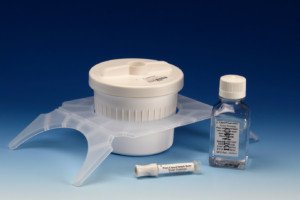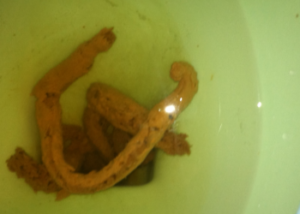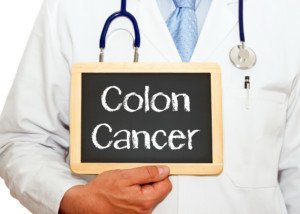
Many people wonder if spicy food or Lipitor will cause blood in the stools.
“Lipitor is a cholesterol medication known as a statin,” says Franjo Vladic, MD, a board certified gastroenterologist with Center for Digestive Health and Endoscopy Center in Ohio.
“Statin medications will not affect the gastrointestinal tract, but rather, can potentially cause non-life threatening abnormal liver enzymes elevations. It does not affect the GI tract directly.”
And hence, Lipitor will not cause blood to be in your stools.
If you notice this finding in the toilet bowl, do not assume it’s being caused by the statin.
What about spicy foods causing blood in your poops?
Dr. Vladic says, “Spicy foods do not cause any damage to stools.
“The concerns with spicy foods is with gastroesophageal reflux disease (GERD).
“Individuals with GERD can exacerbate of symptoms with spicy foods. Bloody stools are not a symptom of eating spicy food.”
What about turmeric?
Turmeric is also known as curcumin, and is one of the most powerful antioxidants known to science. In powder form, it’s an intense dark orange.
“If you look at the side effect profile of turmeric, the FDA has not reported evidence of associated bloody stools thus far,” says Dr. Vladic.
However, in supplement form, tiny particles can end up mixed in your feces, creating a slightly orange tinge.
These are undigested particles of this health-giving spice, which is commonly eaten in India—where the incidence of Alzheimer’s disease is strikingly low.
Causes of Bloody Stools
Blood in the stool can be caused by an ulcer in the intestinal tract. Blood in your poops can also come from a hemorrhoid.
There is no food that will cause blood in your bowel movements, though some foods can cause a red tinge to float around your poops, such as beets.
The biggest concern regarding the cause of blood in your stools is colon cancer.
Blood in the stool can be an early sign of this serious condition, especially if it’s persistent or accompanied by other symptoms like changes in bowel habits or unexplained weight loss.
It’s crucial to seek medical evaluation promptly if you notice such symptoms.
Early detection and treatment of colon cancer can significantly improve outcomes and increase the chances of successful management.
If you see anything concerning about your bowel movements, you can take a home test called Cologuard that screens for colon cancer.

Cologuard uses state of the art DNA technology to identify the presence of abnormal cells in the sample that the patient takes of their stools.
If abnormal cells are detected, a colonoscopy will likely be recommended.
In the meantime, continue enjoying your spicy foods, and if you’ve been prescribed Lipitor, do not stop taking this unless your prescribing doctor tells you to.



























